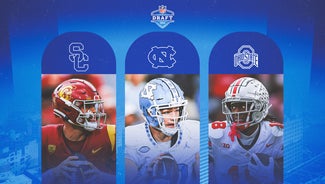





































































































































Chargers will seek new mayor's backing for stadium
SAN DIEGO (AP) The San Diego Chargers are eager to resume their long, winding push for a new stadium now that Republican Kevin Faulconer has been elected mayor.
The team's effort to replace aging Qualcomm Stadium has been idled by upheaval at City Hall. Faulconer beat fellow City Council member David Alvarez on Tuesday in a special election to replace Democrat Bob Filner, who resigned Aug. 30 amid a torrent of sexual harassment allegations.
Faulconer is expected to be sworn in March 3.
Attorney Mark Fabiani, who has led the Chargers' push for a new stadium since 2002, said he hopes to meet with Faulconer once he's in office and has assembled a staff.
The Chargers were prepared to work with whoever was elected, said Fabiani, a Democrat who once worked in the Clinton White House. The Spanos family, which owns the Chargers, has long supported GOP candidates and causes.
''The most important thing is that somebody is going to be in office and hopefully will be in office for quite a while,'' Fabiani said, citing the need for a stable political environment to secure the outside investment help the team needs. ''That's far more important than who the person in office is. ... Now that there's a new mayor, hopefully we can get some answers pretty quickly and figure out how to move ahead.''
After meeting with a ballot lawyer on Tuesday, Fabiani said the team likely is looking at a city-wide special election in June 2015 to seek approval for a long-sought replacement for 70,000-seat Qualcomm Stadium.
''I think that because our issues are going to go to a vote, this is not going to be some kind of backroom deal that someone can characterize as a giveaway to downtown interests,'' Fabiani said. ''It potentially could be one of the most heavily campaigned issues in San Diego, maybe the most campaigned issue ever.''
Coincidentally, Filner had supported the Chargers' idea of building a retractable-roof stadium along with convention space located several blocks from the current convention center downtown, which would have cost about $1.1 billion.
Plans for that project have fallen through, so the Chargers hope to build an open-air stadium east of Petco Park, home of baseball's Padres. It would seat roughly 62,000 fans, with the ability to be expanded to 70,000 seats for Super Bowls. That stadium would cost between $800 million and $900 million, Fabiani said. Besides contributions from the Spanos family and the NFL, the Chargers still want to use proceeds from the sale or lease of the city-owned Qualcomm Stadium site and possibly the sale and lease of the city-owned site of the sports arena.
Fabiani said Filner understood that tapping the Qualcomm site for development to help pay for a new stadium would avoid the city having to dip into the general fund or raising taxes. Fabiani said the city would benefit from property taxes on whatever is built on the Qualcomm site, and perhaps on the sports arena site.
''I guess we may be the last people saying anything nice about Bob Filner,'' Fabiani said. `He got it. He understood, really, what is the funding thing we think people need to understand here.''
The Chargers say they need a new stadium to stay financially competitive with other franchises.
In 1995, months after losing in their only Super Bowl appearance, the Chargers were given a sweetheart deal by the city. The stadium, then known as Jack Murphy Stadium, was expanded by 10,000 seats in order to get into a Super Bowl rotation and the city guaranteed sellouts for 10 years.
It's been a troubled road ever since.
In 2000, three years after the stadium was expanded and renamed, Chargers owner Alex Spanos said the team needed a new stadium. Fabiani was hired in 2002 to try to get a new one built. Two days before the 2003 Super Bowl was played at Qualcomm, then-NFL Commissioner Paul Tagliabue said he was surprised the title game was being played in San Diego and that a return engagement was unlikely. That was the last of three Super Bowls played at the stadium.
The team butted heads with various city officials and looked at several sites in San Diego County without coming up with an alternative to the Qualcomm site or a way to pay for a new stadium.
In recent seasons, the Chargers have struggled to sell out games at Qualcomm.
Fabiani said that although the team has more than met the league's relocation guidelines, it wouldn't continue working toward a new stadium if it didn't think one could be built.
---
Follow Bernie Wilson on Twitter at http://twitter.com/berniewilson
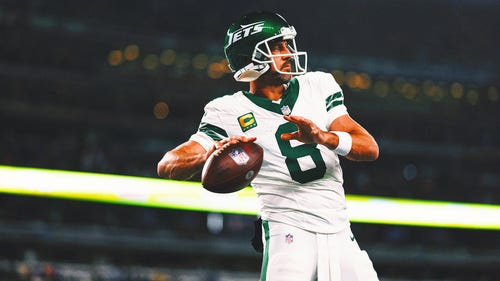
Jets introduce new uniforms with rebranded look, paying homage to 'Sack Exchange' era
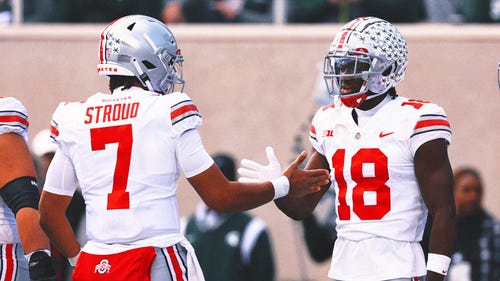
Texans' C.J. Stroud to NFL teams on Marvin Harrison Jr.: 'Don't be dumb'
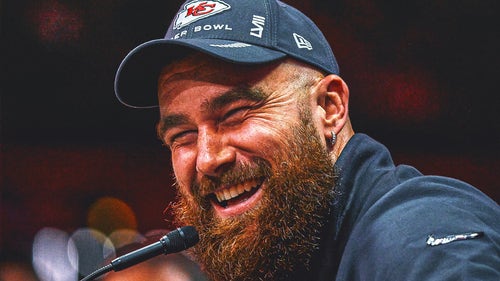
Travis Kelce will host game show 'Are You Smarter than a Celebrity?' for Prime Video
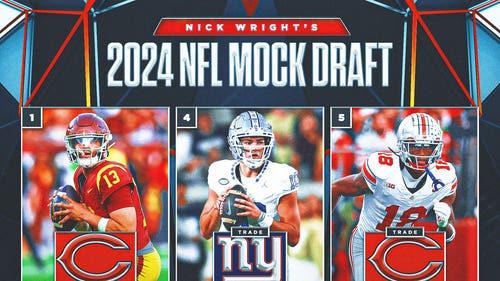
NFL mock draft: Nick Wright has Bears pair Caleb Williams, Marvin Harrison Jr.
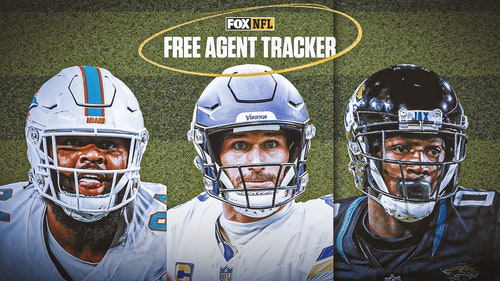
2024 NFL free agency tracker: Signings, updates, best players available
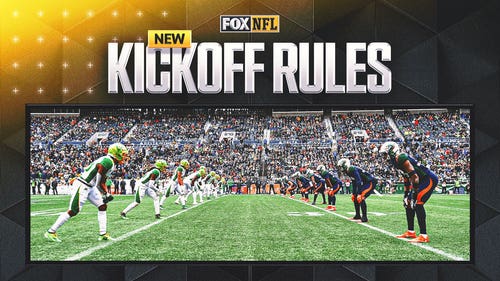
How to succeed with NFL's new kickoff format? XFL coaches share their secrets
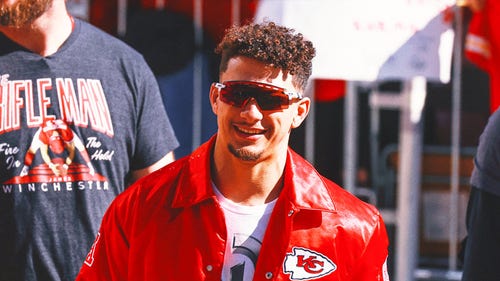
Chiefs QB Patrick Mahomes says he's 'nowhere near' GOAT status yet

2024 NFL Schedule Release: Date, when does the season start?
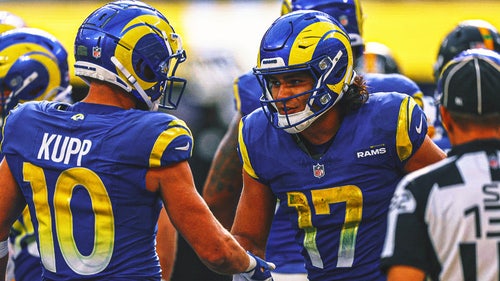
Rams WR Puka Nacua leaning on Cooper Kupp to help him gear up for Year 2


Jets introduce new uniforms with rebranded look, paying homage to 'Sack Exchange' era

Texans' C.J. Stroud to NFL teams on Marvin Harrison Jr.: 'Don't be dumb'

Travis Kelce will host game show 'Are You Smarter than a Celebrity?' for Prime Video

NFL mock draft: Nick Wright has Bears pair Caleb Williams, Marvin Harrison Jr.

2024 NFL free agency tracker: Signings, updates, best players available

How to succeed with NFL's new kickoff format? XFL coaches share their secrets

Chiefs QB Patrick Mahomes says he's 'nowhere near' GOAT status yet

2024 NFL Schedule Release: Date, when does the season start?

Rams WR Puka Nacua leaning on Cooper Kupp to help him gear up for Year 2
